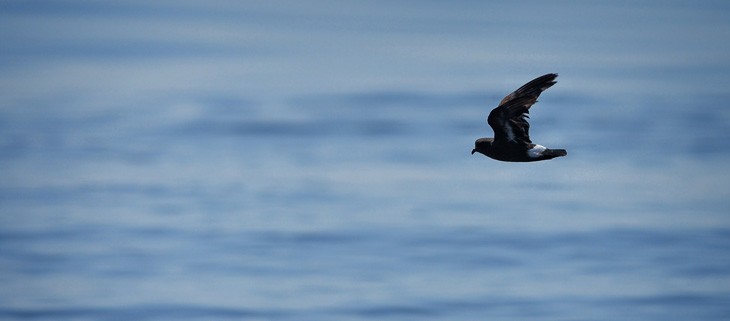December 4, 2024
The Ebiil Society: Champions of Palau
Ann Singeo, founder of our partner organization the Ebiil Society, shares her vision for a thriving Palau and a flourishing world of indigenous science!
We use cookies to help you navigate efficiently and perform certain functions. You will find detailed information about all cookies under each consent category below.
The cookies that are categorized as "Necessary" are stored on your browser as they are essential for enabling the basic functionalities of the site. ...
Necessary cookies are required to enable the basic features of this site, such as providing secure log-in or adjusting your consent preferences. These cookies do not store any personally identifiable data.
Functional cookies help perform certain functionalities like sharing the content of the website on social media platforms, collecting feedback, and other third-party features.
Analytical cookies are used to understand how visitors interact with the website. These cookies help provide information on metrics such as the number of visitors, bounce rate, traffic source, etc.
Performance cookies are used to understand and analyze the key performance indexes of the website which helps in delivering a better user experience for the visitors.
Advertisement cookies are used to provide visitors with customized advertisements based on the pages you visited previously and to analyze the effectiveness of the ad campaigns.
Looking to make an impact this Earth Month? Here’s how.


A remote cluster of islands in the Outer Hebrides have been declared rat free, thanks to a 4-year project to eradicate invasive rodents and protect this important habitat as a haven for nesting seabirds.
These isles are home to the most important seabird breeding colony in Europe; they host about 100,000 pairs of nesting seabirds each year, including Puffins, Guillemots, and Razorbills. However, invasive rats that probably reached the islands from a shipwreck reduced the birds’ breeding success. Rats prey on chicks and eggs and conservationists feared this could decimate the breeding colony.

The Shiants Seabird Recovery Project had two main steps. The first stage was to eradicate the invasive Black Rat. This was carried out by Wildlife Management International Limited and 15 volunteers. Since then they have been monitoring for signs of rats, with the last check in February coming back clean. The islands had been officially rat-free for two years and could finally be announced as such with certainty.
The second step of the project was to encourage other seabirds such as the Manx Shearwater and European Storm Petrels to breed on the Shiant Isles. Both are species that are not found on islands with rats so they are important indicators of biodiversity and a successful restoration. Conservationists were excited to witness the first recorded Storm Petrel on the Shiants last summer. Now, after the successful eradication project, they believe a range of seabirds species, many of which are suffering major declines, will have a better chance of survival.
In order to ensure that the islands remain free of rats and other invasive predators, visitors are asked to follow simple biosecurity measures. This includes checking boats for any sign of rodents before departing for the islands and while ashore.
This project has been a huge success and has played a vital role in developing future island restoration and biosecurity work in the UK. Charlie Main, Senior Project Manager for the Shiant Isles Recovery Project said:
This is an absolutely fantastic moment for the Shiant Isles and everyone involved in the project is delighted that they are now officially rat free. With so many of Scotland’s seabird populations in decline it’s vital that we do all we can to help them.
Featured photo: A European Storm Petrel Flying over the ocean. Credit: Alexandre Roux
Source: RSPB
Check out other journal entries we think you might be interested in.
Notifications